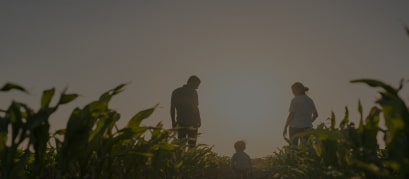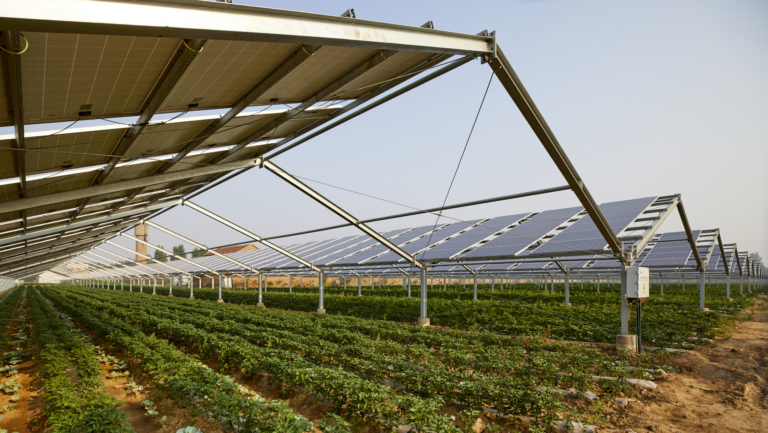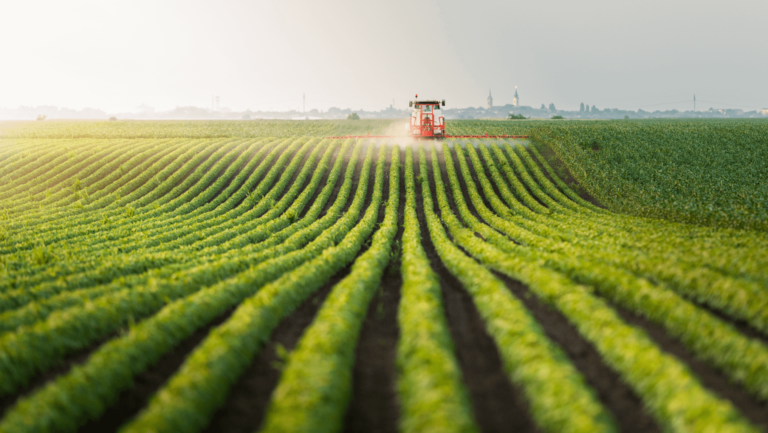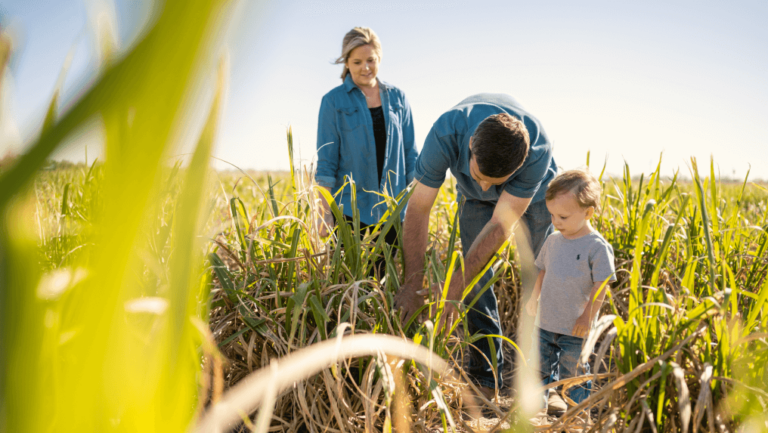Don Harden on Water and Ag Land Values
When assessing ag land values, water is a major factor.
In my latest column in Central Florida Ag News magazine, I relay some details on when water is (and is not) a primary factor from a land-value standpoint. In this article, I put forth an idea from Tony Toso, a California Farm Bureau Federation director, rancher, and a professional agricultural land appraiser. In a 2014 article about ground water rights, he said, “Everyone knows that land without water isn’t worth much.”
No matter the locale of the farm or the crop being grown, water access is so important that it has a direct impact on agricultural land values. Read below as I got into a little more detail on the topic, and I hope you find this useful:
When Water Access Is— and Is Not— A Primary Factor of Ag Land Values
Looking at ag land values and water, there are a few places where water access such as a well is not a main consideration in land appraisal. As you could guess, these places are where water is in abundance throughout the growing season and where there are no restrictive regulations on the use of available water. Examples include the Mississippi Delta or South Alabama. For places where limited water supplies and regulations restrict agricultural use of water, access to a water source is one of the prime factors in determining farmland value.
The type of crop a farmer can grow on a piece of land will also affect ag land values, as different crops have different water needs. For instance, Florida strawberry growers, like much of Florida agriculture, rely heavily on water access, both to irrigate sensitive strawberry plants grown in raised plastic beds and for protective irrigation to shield tender berries from damaging frosts when cold weather strikes. Without consistent, reliable access to water, ag land cannot be used for raising strawberries.
Similarly, the quality of the water also matters, for growing strawberries and other crops. Water must have a very low salinity and be free of contaminants. In this case, access to water means access to potable water.
Assessing Water Access and Land Values
Unfortunately, there are no hard-and-fast calculations to figure how water access on a tract of land will affect ag land values, but there are some universal facts:
- Lack of water access cannot be offset by other ideal land attributes, like superior soil quality.
- Access to water with poor quality—high in salinity or toxic elements—is not desirable.
- Drilling wells and adding irrigation systems to offset a lack of water access can be very expensive.
Water access will continue to be an important topic that the ag industry will need to contend with. Considering an ag loan and wondering about land values? Set up an appointment today to talk with one of our land lending specialists.






